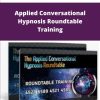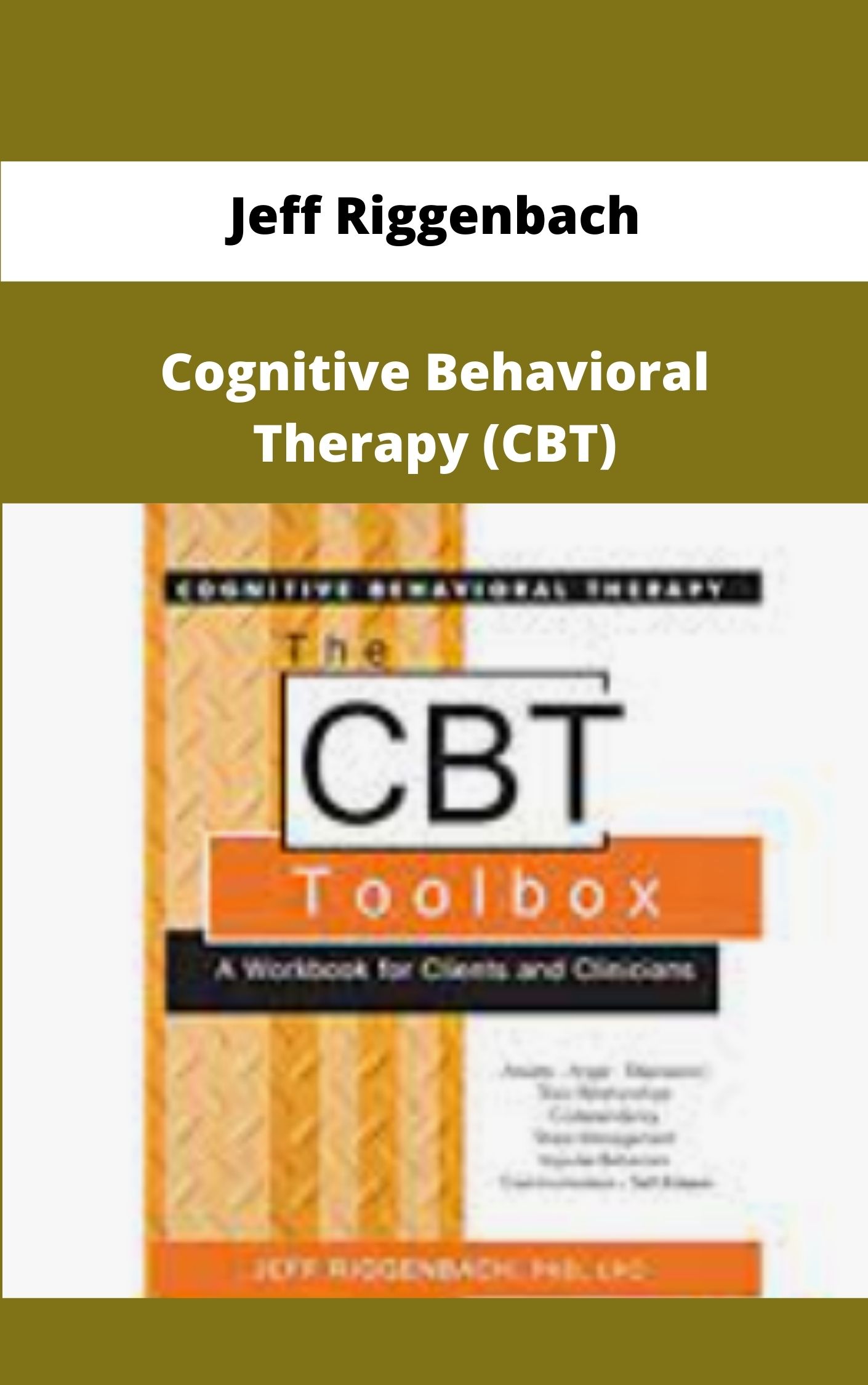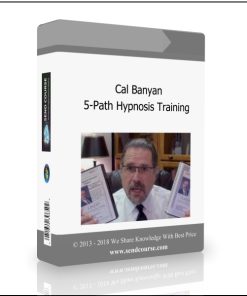Jeff Riggenbach – Cognitive Behavioral Therapy (CBT) | Available Now !
$199.00 Original price was: $199.00.$40.00Current price is: $40.00.
Jeff Riggenbach – Cognitive Behavioral Therapy (CBT) | INSTANTLY DOWNLOAD !

In this 6-week intensive certificate course, you’ll master the skills and competencies of CBT, fully preparing you to apply CBT with a wide variety of clinical populations.
CBT expert and author Jeff Riggenbach, Ph.D., LPC, who trained at the Beck Institute of Cognitive Therapy, will guide you step-by-step through the following in-depth modules:
Week 1
Introductory Concepts of CBT
Get started with the fundamental, core concepts of CBT. You’ll join Jeff as he examines and reveals the power of Aaron Beck’s original CBT model. He’ll then walk you through effective strategies for socializing your clients to the cognitive model and three levels of cognition.
Foundations in CBT
Rationale for Techniques & Approach
Neurobiological Findings
Outcome Studies
Treatment Concepts
Socialization to the CBT Treatment Model
Three Levels of Cognition
Eliciting & Labeling Distortions
Identify & Evaluate Automatic Thoughts
Week 2
Cognitive Conceptualization
Dive deep into cognitive conceptualization, the cornerstone of CBT that drives treatment planning, and gain a truly integrative understanding through a series of case studies and role plays. Jeff shares insight on effective CBT clinical application, including session structure and phases of treatment, before looking at some current adaptations of the cognitive model including DBT, ACT, and Schema Therapy. End the week’s training with a section on apps and technology in CBT.
Cognitive Conceptualization
Case Formulation
Collaborative Empiricism
Symptom Driven Treatment Planning
Application in Clinical Practice
Case Studies/Role Plays
The Therapeutic Relationship
Session Structure
Phases of Treatment
Offshoot Models
Third Wave Approaches
DBT
Acceptance & Commitment Therapy
Schema Therapy
Technology in CBT
Smart Phone Apps
Text Dialogues
Week 3
CBT for Bipolar, Depressive and Substance Use Disorders
During week 3, you’ll move into the application of CBT to specific problems and symptom sets you see in the clinical setting, and this week will focus on bipolar and depressive related disorders as well as addiction and substance use disorders. There’s also a brief section on suicide risk assessment, documentation and cognitive components of treating suicidality.
Bipolar and Depressive Related Disorders
Cognitive Model of Depression
Behavioral Activation
Sleep Hygiene
Activity Monitoring & Scheduling
Modify Negative Cognitions
Gratitude & Meaning
Nutritional Interventions
Bipolar Disorder
Substance Use Disorders
Impulse Control Models
Monitor cravings & Resist Urges
Relapse Prevention
Suicidal Clients
Risk Assessments
Reasons for Living Inventories
Week 4
CBT for Anger, Anxiety Disorders, PTSD & OCD
Further building upon the application of CBT for specific clinical conditions, this section moves into anger management, multiple anxiety disorders including panic and phobias, PTSD and OCD. Case studies will demonstrate and reinforce the application of CBT for these conditions.
Anxiety Disorders
Generalized Anxiety
Cognitive Model of Anxiety
”Worry Cure”
Phobias
Hierarchy Work
Desensitization
Panic Disorder
Cognitive Model of Panic
Interoceptive Strategies
Anger
Cognitive Model of Anger
Role of Values & “Moral Resistance”
Symptom Management
OCD
Intrusive Thoughts
Metacognitive Strategies
Exposure & Response Prevention
PTSD
Prolonged Exposure
Nightmare Re-scripting
Trauma Narratives
Week 5
Cluster B Personality Disorder Diagnosis and Treatment
Learn about making a personality disorder diagnosis, and examine the unique characteristics and corresponding assessment strategies. You’ll then move into application of CBT for non-borderline cluster B personality disorders including histrionic and antisocial personality disorders. Additional information on DBT and schema focused therapy will be covered.
Personality Disorder Treatment
Dialectical Behavior Therapy (DBT)
Schema Focused Therapy
Personality Disorder Diagnosis
Characteristics
Assessment Techniques
Cluster B Personality Disorders
Antisocial
Psychopathy
Behavior Management
Histrionic
Schema Modification
Constructive Alternatives for “Getting Noticed”
Week 6
Borderline Personality Disorder Diagnosis and Treatment
Continue with treatment ideas for additional cluster B personality disorders including narcissistic and borderline personality disorders. The course will conclude with additional case studies and advanced CBT strategies.
Cluster B Personality Disorders
Narcissistic
Subtypes of Narcissism
Schema Mode Work
Borderline
DBT Based Strategies
Emotion Regulation Skills
Distress Tolerance Skills
Interpersonal Effectiveness Skills
Believe Reconstruction
Advanced Strategies
Modify Deep Seeded Beliefs
Continuum Work
Construct New Beliefs
Internalization Exercises
Build Resilience
Cognitive Behavioral Chain Analysis
Schema Mode Work
1 review for Jeff Riggenbach – Cognitive Behavioral Therapy (CBT) | Available Now !
Add a review Cancel reply
Related products
NLP & Hypnosis
NLP & Hypnosis
Ecommerce
NLP & Hypnosis
NLP & Hypnosis
Ecommerce
Ecommerce












Jovan Juarez –
Always happy to do business with you again! | Jeff Riggenbach – Cognitive Behavioral Therapy (CBT)